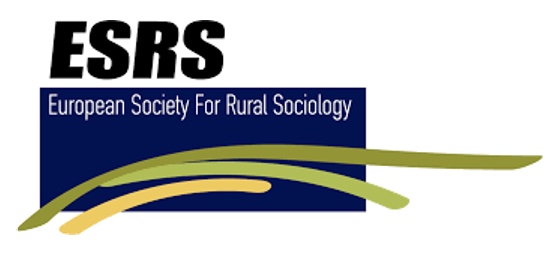
What is the novelty of ‘novel foods,’ and what are they? Why are so many venture capital and public sector investments flowing into novel foods? What are the innovations in food production that go under the term Controlled Environmental Agriculture? Are there adequate forms of regulation and policies for enhancing their democratic control by citizens? Are they really to be considered as the solution to the sustainability of the food system?
These were the main themes discussed at the social science Conference hosted by the Master in Food Studies of The American University of Rome (AUR) on 10 March 2023, with the scientific patronage of the European Society for Rural Sociology and the participation of researchers from Asia, Europe, Latin America, and North America.
Novel foods were understood as being the so-called ‘alternative proteins,’ that is, alternatives to animal proteins, which could be plant-based, tissue-engineered based, like cultured meat, insects & insect-based, or microorganisms-based alternatives like fungi, yeast, and algae. The term novel was also applied to new ways of producing food through indoor soilless farming.
A publication will also follow, in collaboration with the project “Innovation, Digitalization, and Sustainability for the diffused economy in Central Italy – VITALITY” (funded by the European Union – Next Generation EU. Project Code: ECS00000041; Project CUP: C43C22000380007)



MORE INFORMATION
- The Background
- The Conference: Keynote speeches
- The Conference: Parallel Sessions and Abstracts
- The Conference: Organizing and Scientific Committee Members



